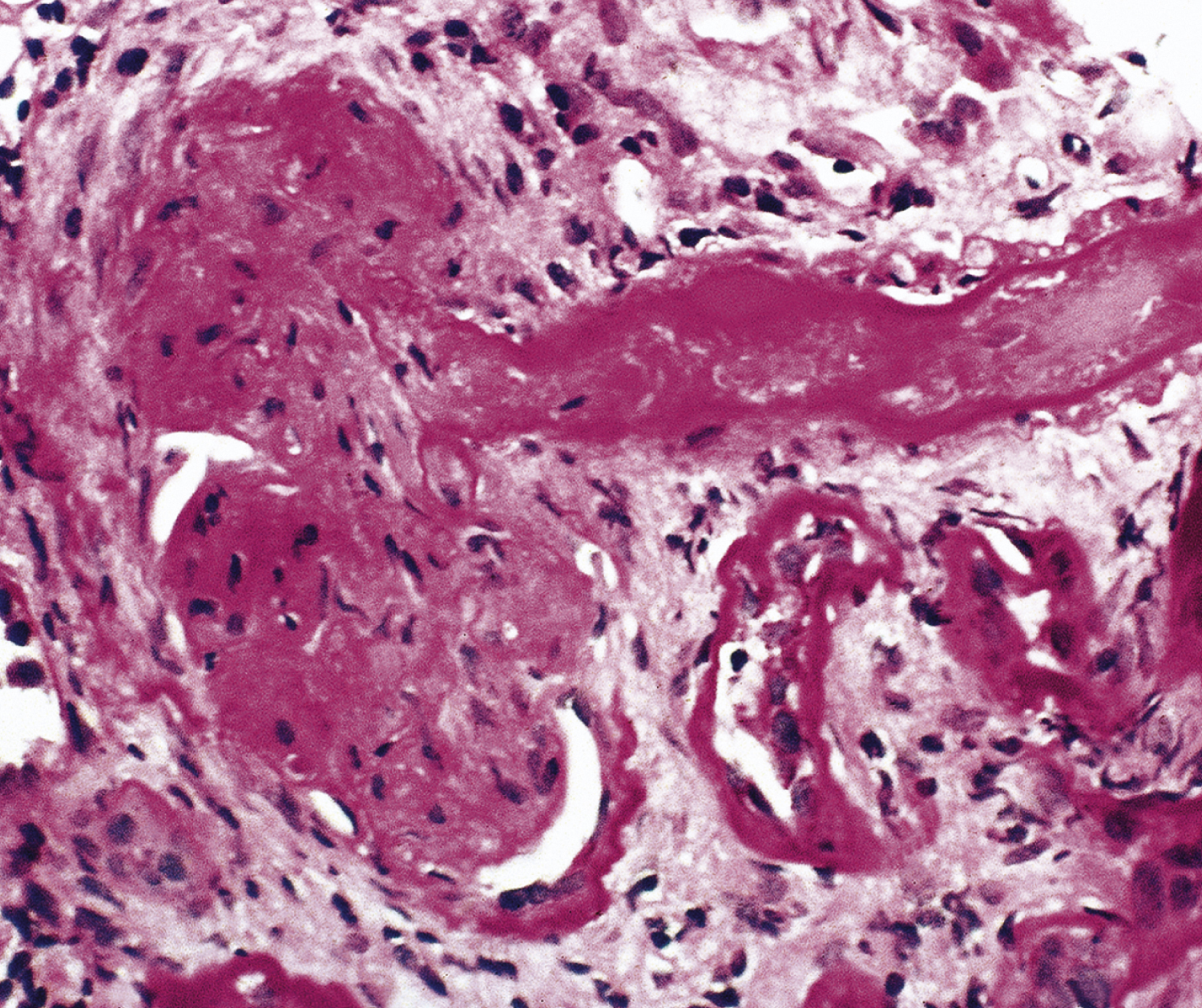malignant hypertension, the most lethal form of hypertension, occurring most often in patients with a history of poorly controlled hypertension. It is a fulminating condition characterized by severely elevated blood pressure that commonly damages the intima of small vessels, the brain, the retina, the heart, and the kidneys. African-American men are at highest risk for the development of malignant hypertension. Also called accelerated hypertension. See also essential hypertension. ▪ OBSERVATIONS: The blood pressure is 180/120 mm Hg or higher, and signs of organ damage are present. Papilledema will be present; changes to the vascular system of the kidneys are noted. ▪ INTERVENTIONS: The patient is admitted to the intensive care unit for continuous cardiac monitoring and frequent assessment of neurologic status. Urine output is monitored. Intravenous antihypertensive medications and fluids are administered, and care must be taken not to reduce blood pressure too rapidly. The patient’s activity is restricted until the blood pressure has stabilized. ▪ PATIENT CARE CONSIDERATIONS: At discharge, the health care team should ensure that the patient has appropriate access to follow-up care and is educated in the control of hypertension. Emphasis should be placed on medication adherence, diet, and physical exercise. A weight-loss program may be indicated.

